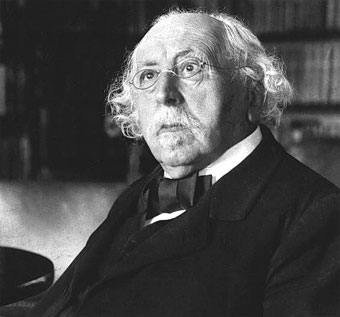[Revised entry by Scott Edgar on September 10, 2024.
Changes to: Main text, Bibliography]
Hermann Cohen (b. 1842, d. 1918), more than any other single figure, is responsible for founding the orthodox neo-Kantianism that dominated academic philosophy in Germany from the 1870s until the end of the First World War. Earlier German philosophers finding inspiration in Kant tended either towards speculative, metaphysical idealism, or sought to address philosophical questions with the resources of the empirical sciences, especially psychology. In contrast, Cohen’s seminal interpretation of Kant offered a vision of philosophy that…
Post Views: 149
Read the full article which is published on Stanford Encyclopedia of Philosophy (external link)





